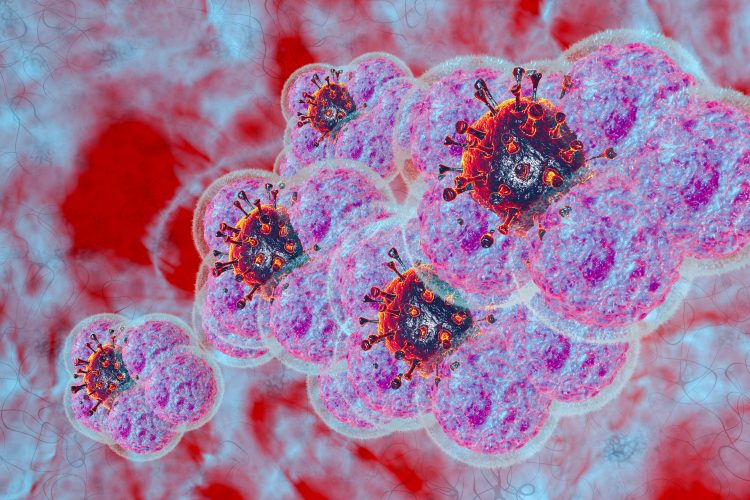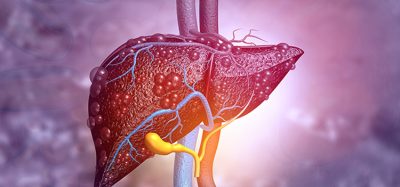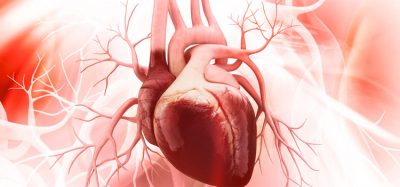Treating HCC with genetically modified NK-cell therapy
Posted: 19 July 2024 | Drug Target Review | No comments yet
Blocking the TGF-β signalling pathway produced effective antitumour activity against hepatocellular carcinoma.


Scientists at the University of California San Diego have discovered that genetically modified NK-cell therapy improves the targeting and treatment of hepatocellular carcinoma (HCC), the most treatment-resistant form of solid tumour.
Unlike chimeric antigen receptor (CAR)-expressing T-cell therapy, the NK treatment does not require personalisation, meaning it could be mass produced and shelf-ready for patients to begin therapy without delay. Dr Dan Kaufman, lead study author and director of the Sanford Advanced Therapy Center, explained: “To some extent all tumour cells — perhaps hepatocellular carcinoma more so — inhibit immune cells that try to kill them…This is one key reason why some immunotherapies like CAR T cells have been less successful for solid tumours than for blood cancers — the immunosuppressive tumour microenvironment.”
The researchers produced stem cell-derived NK cells in which the receptor for transforming growth factor beta (TGF-β) was disabled. The liver and HCC tumours contain a high amount of TGF-β, which inhibits immune cell activity and enables cancer to grow. It was discovered that typical NK cells without the disabled receptor, like CAR T cells, were not effective in destroying the cancer. When they assessed the modified NK cells, Dr Kaufman stated: “we got very good antitumour activity and significantly prolonged survival.”
“These studies demonstrate that it is crucial to block transforming growth factor beta — at least for NK cells, but I also think it’s true for CAR T cells,” Dr Kaufman added. “If you unleash NK cells by blocking this inhibitory pathway, they should kill cancer quite nicely.”
In the future, Dr Kaufman believes their findings will aid clinical trials of numerous research groups and companies, whether they study CAR T-cell or NK-cell therapies and tackle hepatocellular carcinoma or other difficult types of solid tumours. He concluded: “Anyone developing such therapies for solid tumours should be working to inhibit transforming growth factor beta activity to improve cancer-killing and attain effective anti-tumour activity.”
This study was published in Cell Stem Cell.
Related topics
Cancer research, Cell Therapy, Drug Development, Drug Targets, In Vitro, Induced Pluripotent Stem Cells (iPSCs), Oncology, Stem Cells
Related conditions
Cancer Research, hepatocellular carcinoma (HCC)
Related organisations
University of California San Diego (UCSD)
Related people
Dr Dan Kaufman (University of California San Diego)








